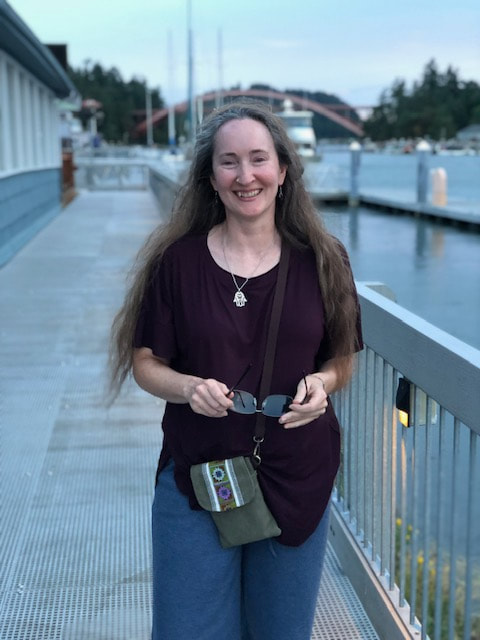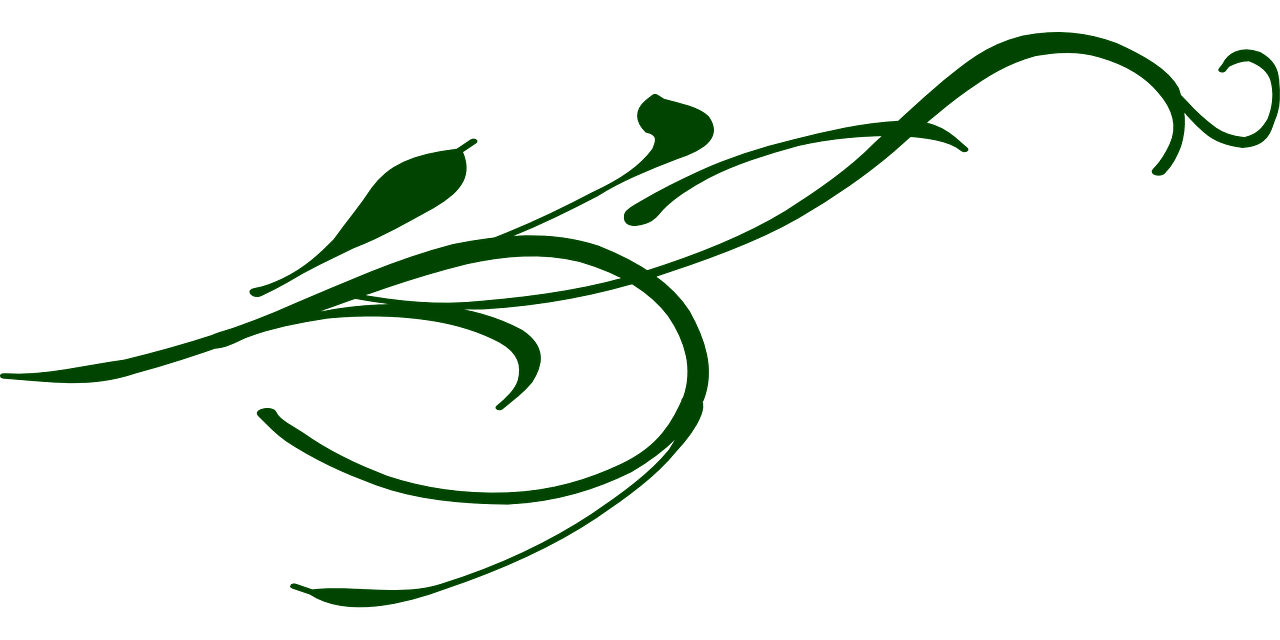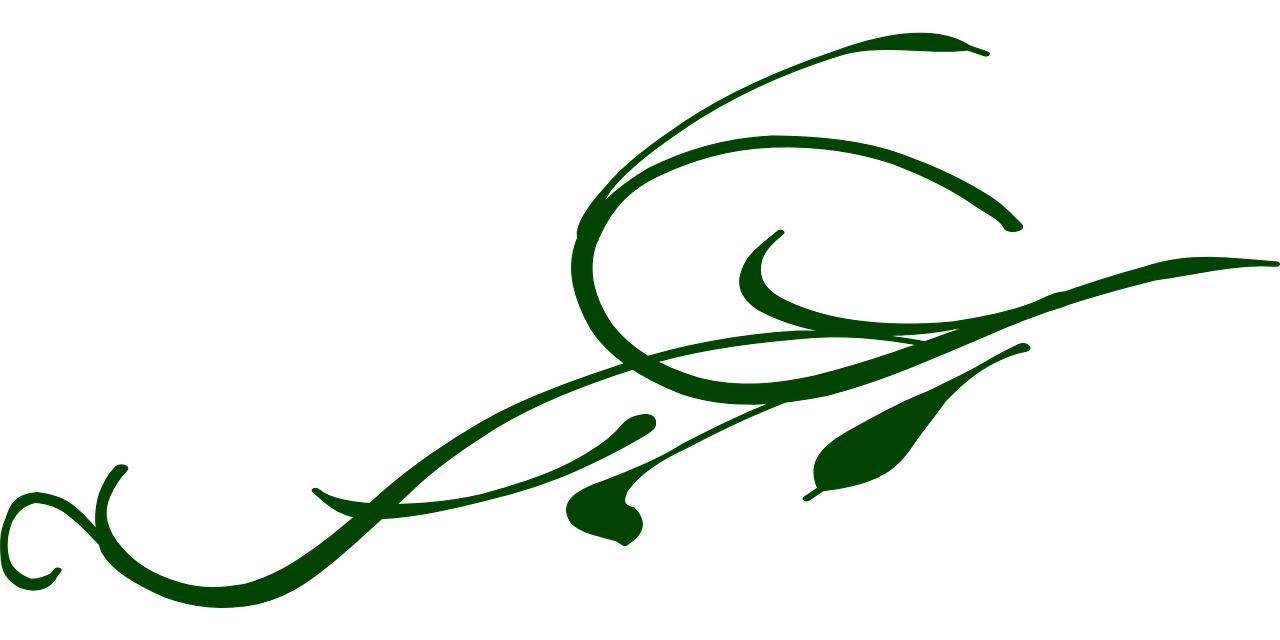|
A reader asked, “Did that really happen to you?” after finishing one of my novels. I’ve heard this before, and the character-revolving question churns in my mind. It’s a great question. One for which I don’t always have a ready answer, because it’s rather loaded.
When I was a professional dancer, one of my fortes was Character Dance. I think this is where I first came to understand that, as an artist, I’m all my characters and none of my characters. I abandoned myself in a role, poured out blood, sweat, and tutus, until I became another persona. The interpretation was all mine (via the Lord’s inspiration and direction). After I hung up the costumes and retreated to the hotel or home for a cup of tea and a foot-soak, I was just me and nothing like the earlier identity on stage. It’s the same with creating characters in books. Sometimes a reader will say, “I can relate to you,” when referencing the protagonist in a novel. I appreciate the response; it’s also interesting for me. While I can draw parallelisms, such as an incident or event that motivated the story, antics that aided a character’s development, or inject personal likes and dislikes, I’m not that person. Not even in my first novel, which is assumed in the industry to be every writer’s veiled autobiography. I'm just a vehicle to carry out another's story. If I am my characters, then I’m also a human-flesh-eating imp, a war criminal, and a subterranean giant. I’m ALL of them (because creators invest in roles), and NONE of them (because I’m somebody else at the end of the day). Clear as mud? Lol. I'm inclined to think it's more the moral of the story that speaks (if anything does), which is sourced from a gracious God.
0 Comments
Your comment will be posted after it is approved.
Leave a Reply. |
Tessais a storyteller, and a transcript editor. She's also a Romans 8:28 kind of Jewish girl ... For Tessa's new
|





 RSS Feed
RSS Feed